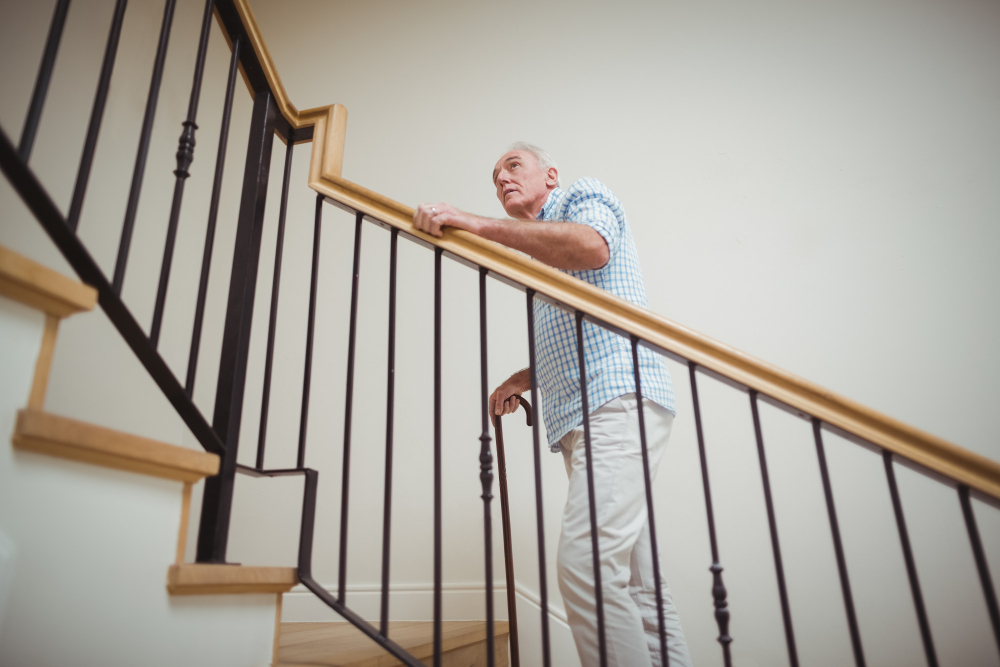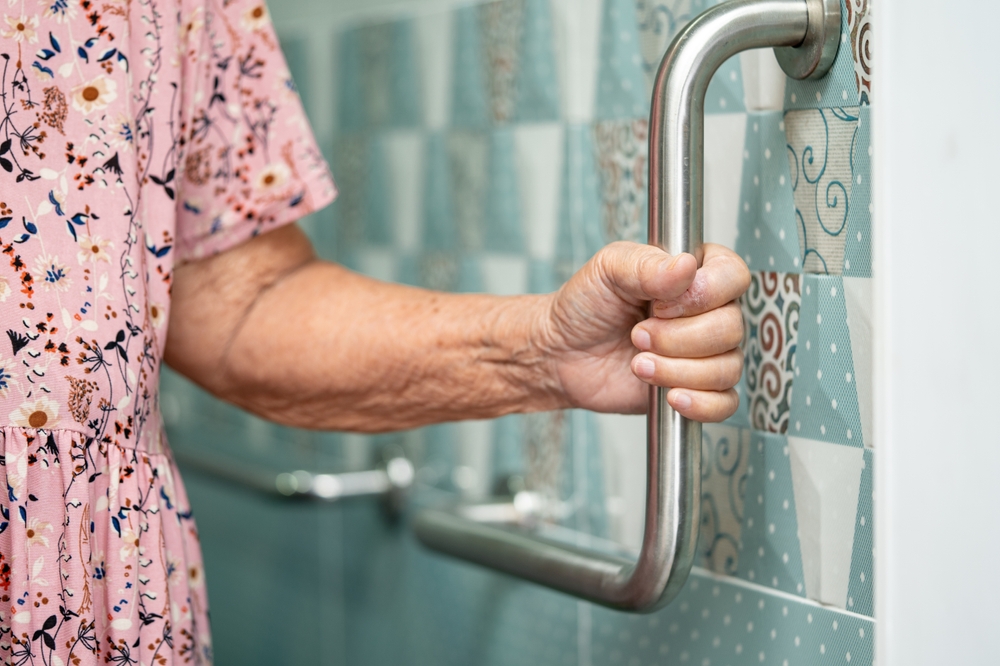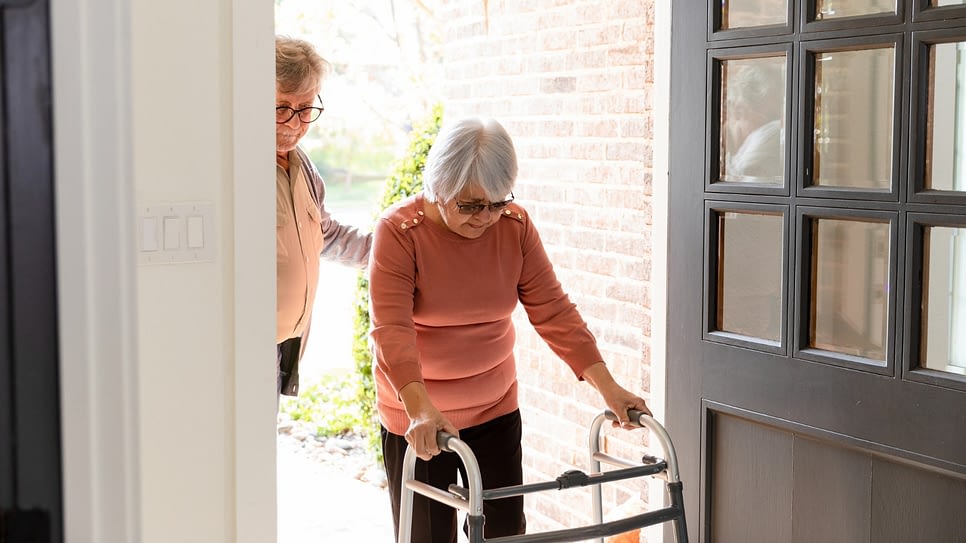In today’s rapidly advancing world, technology plays a vital role in enhancing our daily lives. Among these advancements, fall detection systems and smart speakers have emerged as two significant innovations, especially for family caregivers looking after elderly loved ones. Understanding the differences and benefits of these technologies is crucial for making informed decisions. This article delves into the fall detection vs smart speakers debate, helping you understand their functionalities, benefits, and how they can be integrated into daily life.

Understanding Fall Detection
Fall detection systems are designed to identify when an individual has fallen and promptly send alerts to caregivers or emergency services. These systems are particularly beneficial for the elderly, who are at a higher risk of falls. According to the Journal of Ageing, falls are one of the leading causes of injury among older adults, making fall detection systems a crucial tool for enhancing safety.
How Fall Detection Systems Work
Fall detection systems use a combination of sensors and algorithms to monitor movement and identify unusual activity that may indicate a fall. These systems can be integrated into wearable devices, such as smartwatches, or installed in smart home environments. When a fall is detected, the system sends an alert to predefined contacts, ensuring that help can arrive promptly.
Benefits of Fall Detection
- Immediate Alerts: Quick notification to caregivers or emergency services.
- Peace of Mind: Provides reassurance to both the elderly and their families.
- Independence: Enables older adults to live independently while ensuring safety.
The Rise of Smart Speakers
Smart speakers, such as Amazon Echo and Google Home, have become increasingly popular in modern households. These devices use voice recognition technology to perform a variety of tasks, from playing music to controlling smart home devices. For family caregivers, smart speakers offer additional benefits, such as setting medication reminders and making hands-free calls.
Key Features of Smart Speakers
Smart speakers are equipped with voice-activated virtual assistants that can perform numerous tasks. Key features include:
- Voice Commands: Allows users to perform tasks hands-free.
- Integration with Smart Home Devices: Controls lights, thermostats, and more.
- Reminders and Notifications: Sets alarms for medications or appointments.
Advantages of Smart Speakers
- Convenience: Simplifies daily tasks with voice commands.
- Accessibility: Assists individuals with mobility limitations.
- Entertainment: Provides music, news, and more.
Comparing Fall Detection vs Smart Speakers
Both fall detection systems and smart speakers offer unique benefits, but they serve different purposes. Fall detection systems prioritize safety and emergency response, while smart speakers focus on convenience and accessibility. For family caregivers, understanding these differences can help determine which technology best suits their needs.
When to Choose Fall Detection
If safety and immediate emergency response are your primary concerns, a fall detection system is the ideal choice. It provides peace of mind, knowing that help is just a notification away.
When to Opt for Smart Speakers
Smart speakers are perfect for households seeking convenience and enhanced connectivity. They assist with daily routines, making them a valuable addition to any smart home.
Integrating Both Technologies
For optimal benefits, consider integrating both fall detection systems and smart speakers into your home. This combination ensures safety, convenience, and a seamless lifestyle for the elderly and their caregivers.
Smart Home Integration
Integrating these technologies into a smart home environment can enhance their functionality. For instance, smart speakers can be programmed to send alerts when a fall is detected, providing an additional layer of security.
Cost Considerations
While both technologies offer significant benefits, cost is an important factor to consider. Fall detection systems may require a subscription fee, while smart speakers are usually a one-time purchase. Evaluate your budget and needs before making a decision.
Privacy Concerns
Both fall detection systems and smart speakers raise privacy concerns. Understanding these issues and how to address them is crucial for maintaining privacy while reaping the benefits of these technologies.
Data Privacy
Both systems collect data to function effectively. Ensure that you choose devices from reputable brands that prioritize data security and offer clear privacy policies.
Ensuring Privacy
To protect your privacy, regularly review device settings and disable features that you do not use. Additionally, stay informed about updates and security patches to safeguard your information.
Conclusion
In the debate of fall detection vs smart speakers, both technologies offer valuable benefits. Fall detection systems prioritize safety and emergency response, while smart speakers enhance convenience and connectivity. By understanding their differences and potential, you can make informed decisions that best support your family’s needs.

FAQs
1. Can I use a smart speaker for fall detection?
While smart speakers are not designed for fall detection, they can enhance safety by sending alerts when integrated with compatible devices.
2. Are fall detection systems accurate?
Fall detection systems are generally accurate, but their effectiveness depends on the quality of the sensors and algorithms used.
3. How do I choose the right technology for my home?
Consider your primary needs, budget, and the features offered by each technology to determine which solution best suits your home.
This article contains affiliate links. We may earn a commission at no extra cost to you.






